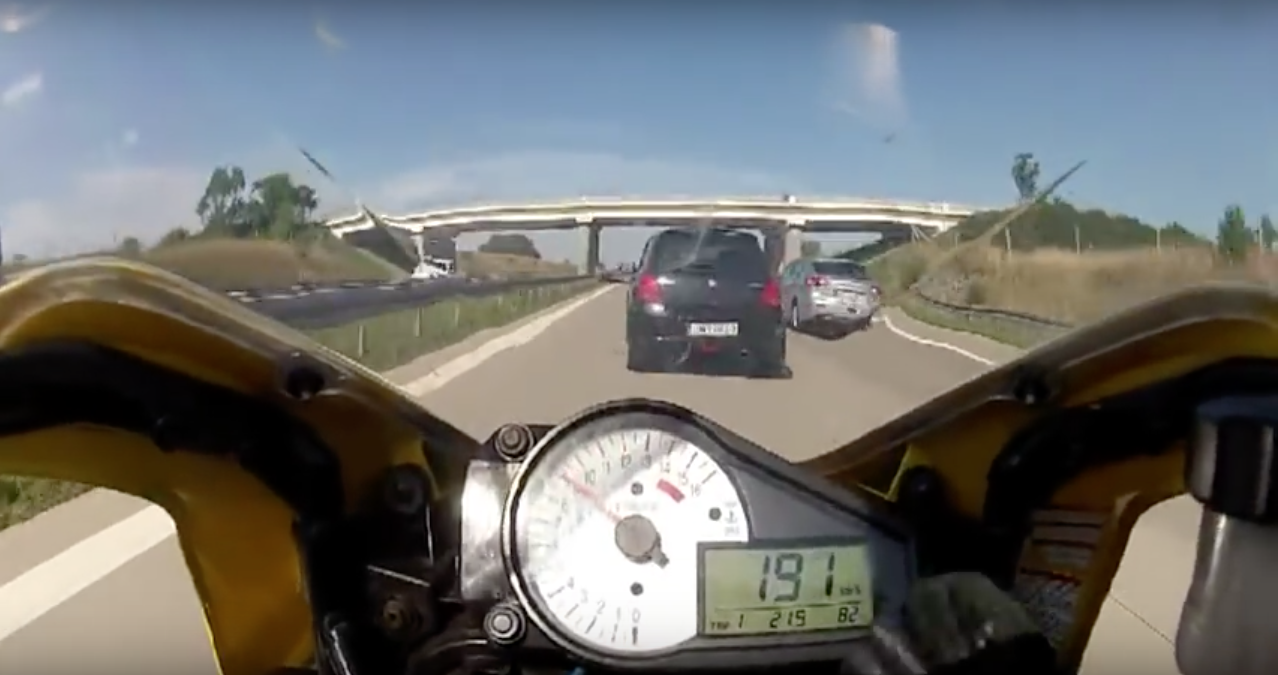Could Electric Vehicles Spell the End of the De-restricted Autobahn?
Germany’s Autobahn network has long stood as the last bastion of legal speed on the public road, but could it now be under threat?

Germany’s Autobahn network could be under threat, with environmental campaigners, the safety lobby and, weirdly, electric vehicles all touted as reasons for the possible decline of the unrestricted roads.
The first Autobahns began being constructed in the 1930s, with the initial stretch opening, a 14-mile expressway between Frankfurt and Darmstadt, in May 1935. Today, Germany boasts over 8,000 miles of high-speed roads, and of that, only about 1,000 miles are the fabled unrestricted Autobahns that allow users to travel above the speed limit legally.
These unrestricted sections are looking like they’re under threat, though, with environmentalists and safety groups lining up to call for the closure of the sections.
This isn’t a new theme, with various groups calling for the closure of the roads for some time now. In 2019 a German government working group pushed for restrictions across the network - citing environmental reasons - although this was dismissed by parliament. Now though extra weight seems to be getting thrown behind the idea, with Germany’s biggest motoring group, ADAC (Allgemeiner Deutscher Automobil-Club) saying it is not averse to speed restrictions on the roads.
The call from groups, including the ADAC, is that having cars and motorcycles travelling at high speeds for long distances increases harmful exhaust emissions, as the engine is outside its most efficient working window. They also argue that these higher speeds can also increase the physical particulate emissions from tyres and brakes due to the increased stresses they are subjected to.
Safety groups are also calling for the roads to be finally restricted, With Le Repaire de Motard reporting that 43 per cent of fatal accidents on the network are linked to speeding (or travelling above the advised 130kmh/81mph limit) and that those numbers have increased in recent years.

There could be another issue for the Autobahn, with Le Repaire pointing to electric vehicles as being another problem waiting in the wings. We all know that running at high speeds for long periods is not a smart move when driving, or riding, an electric vehicle. It’s the one time when you will see the most drain on the battery, as the system tries to manage the increased heat generated at speed with the demands of the person at the controls.
With electric cars and bikes on unrestricted sections of German motorways being pegged back to much lower speeds than their petrol and diesel counterparts, the risk of being involved in a crash, and the greater variance in closing speeds making that crash potentially much more severe, could be the final straw.
This final point is at odds with some of the thinking behind speed limits on German motorways, with it reported in 2023 that the German Transport Minister went on record to state that the roads would remain as they are today. Then speaking to Bild am Sonntag (Bild on Sunday), Volker Wissing said, “The high energy prices are already causing many people to drive more slowly,” he said, “And with e-cars, people won’t drive as fast because they want to save their batteries”.
While the future of the Autobahn seems to be in a state of limbo, with pressure from each side of the argument both for and against un-restriction, it might be the time to make the most of the unique roads - in a safe and considerate manner, of course.


